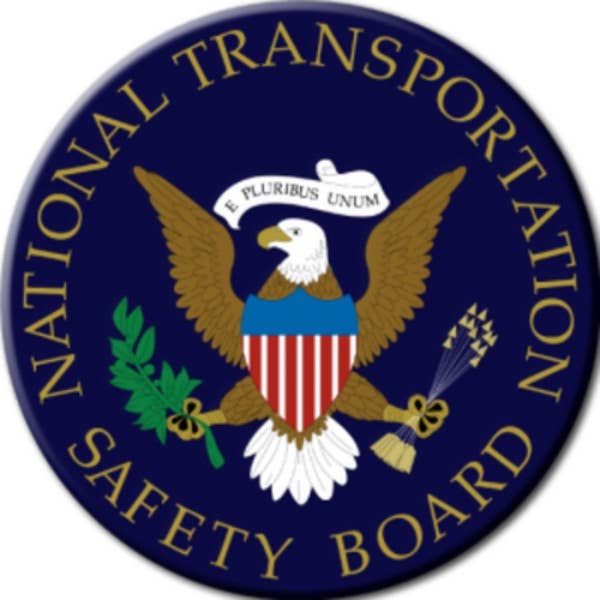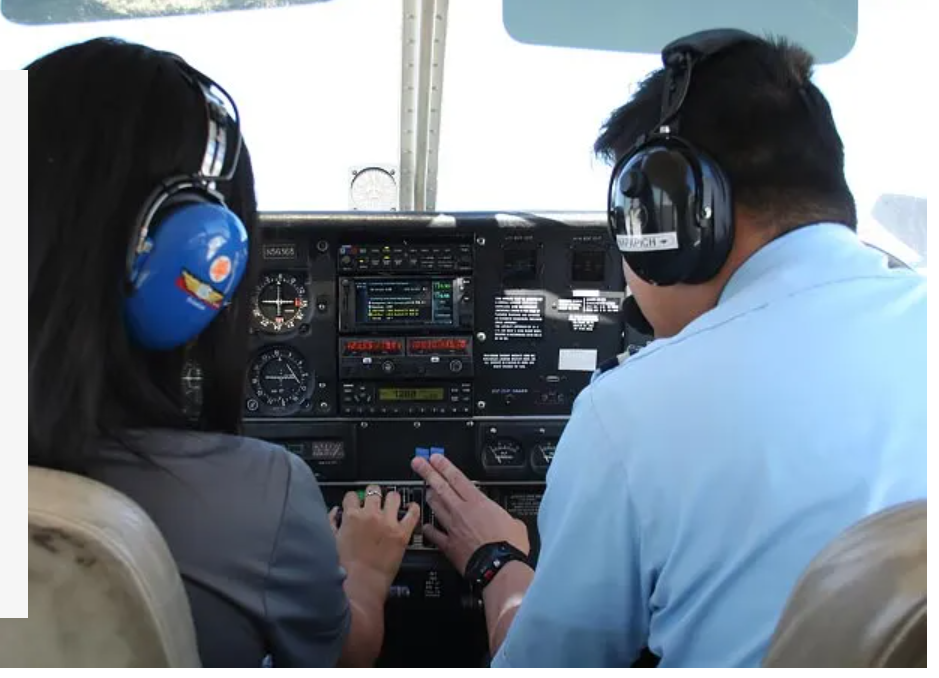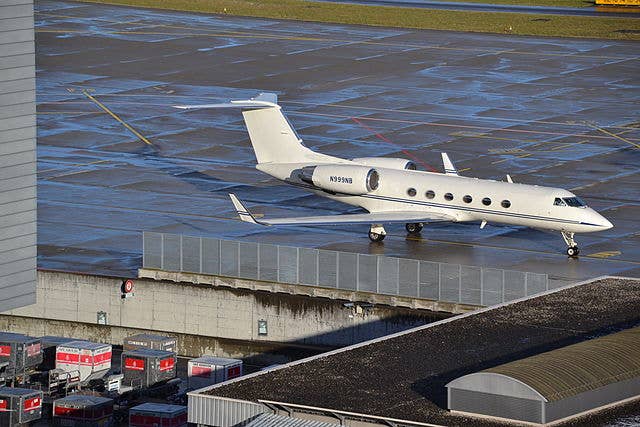NTSB Retracts Tamarack Winglet Blame in Fatal Citation 525 Crash
The National Transportation Safety Board (NTSB) retracted its initial determination that Tamarack Aerospace’s Atlas active winglets were the cause of a fatal Cessna Citation 525 crash in 2018. In a…

The National Transportation Safety Board (NTSB) retracted its initial determination that Tamarack Aerospace’s Atlas active winglets were the cause of a fatal Cessna Citation 525 crash in 2018.
In a revised report released Feb. 23, the agency attributed the crash to “the pilot’s inability to regain airplane control after a left roll that began for reasons that could not be determined based on the available evidence.” Previously, the NTSB said the Citation’s Tamarack winglets deployed asymmetrically, causing the jet to roll left and subsequently descend into the ground.
The NTSB’s initial final report drew strong criticism from Tamarack, prompting the company to file a Petition for Reconsideration in January 2022, citing multiple factual errors. In what Tamarack called a “very unusual turn of events,” the NTSB has amended its final report. In a Feb. 26 letter to Tamarack, the agency acknowledged, “The NTSB agrees with the petitioner that the evidence is also insufficient to conclude that (1) the left actuator was in an extended position at the time of initial impact and (2) the ATLAS caused the left rolling moment; the NTSB has revised the report accordingly.”
Tamarack President Jacob Klinginsmith commended the agency saying, “Tamarack is very pleased that the NTSB has decided to grant our Petition for Reconsideration concerning this 2018 accident and taken steps to correct multiple technical errors in the original investigation. This reversal shows the NTSB has the courage, professionalism, and proper process to make these corrections, and for that we applaud the NTSB.”






